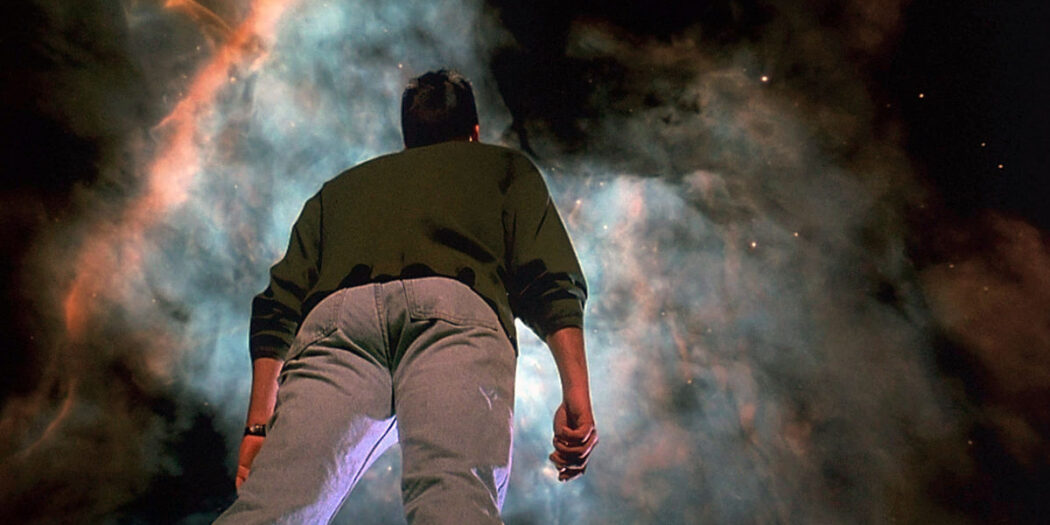The Arrival, released in 1996, is a science fiction thriller that navigates the intricacies of alien invasion and environmental calamity with a nuanced perspective. Directed by David Twohy, the film stars Charlie Sheen, Ron Silver, and Lindsay Crouse, among others. Despite its intriguing premise and solid execution, other sci-fi blockbusters of its era have often overshadowed the film, such as Independence Day. However, a closer examination reveals a film that is not only ahead of its time in terms of its thematic concerns but also noteworthy for its directorial finesse, compelling plot, and innovative use of special effects.
The film presents a chilling premise that taps into the classic science fiction vein of paranoia and isolation. At the heart of this narrative is Zane Zaminski (Charlie Sheen), a dedicated radio astronomer on the fringes of conventional research. Zane’s unique approach involves sifting through the cosmic noise of the FM band, a method akin to “searching for a needle in a haystack of needles,” as his colleague aptly puts it. His perseverance pays off when he intercepts a clear signal from beyond, a discovery he eagerly brings to his supervisor (Ron Silver), only to face dismissal amid news of budgetary cutbacks on their cosmic surveillance project.
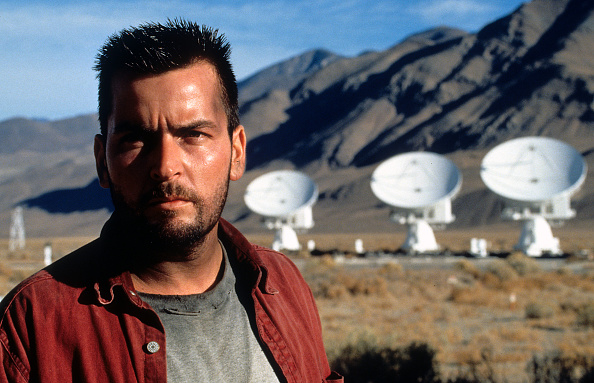
This marks the beginning of Zane’s solitary crusade against an incredulous scientific community and a dismissive establishment, propelling The Arrival into a cerebral sci-fi journey. The film cleverly navigates through its plot, enriched with unexpected twists and intellectual depth, proving itself as a sci-fi narrative that engages with its ideas right up to its thought-provoking conclusion.
Cast in the right material, Charlie Sheen could be a very effective actor in the 80s and 90s. He brings a level of depth to Zane that is both unexpected and deeply engaging. His portrayal captures the essence of a man consumed by his need for answers, providing a poignant look at the personal cost of obsession. Sheen has proven he can do comedy (Major League, Men at Work, Hot Shots) and heavy drama (Platoon, Wall Street) but he hit a career snag in the mid 90s. The Arrival received some good notices including a Two Thumbs Up from Siskel & Ebert but failed to do much in terms of career resuscitation. It’s a shame because The Arrival represents Charlie Sheen at his very best.
David Twohy might not be the first name that comes to mind when you think of iconic sci-fi directors, but his work on The Arrival showcases a talent for marrying expansive sci-fi concepts with intimate character studies. His direction ensures that the film maintains its focus on Zane’s personal journey, providing a grounded counterpoint to the broader sci-fi elements at play. This delicate balance is what sets The Arrival apart, showcasing Twohy’s ability to navigate complex narratives with a keen attention to emotional detail.
This movie echoes the style of a filmmaker such as John Carpenter, particularly reminiscent of his golden era in the late ’70s and early ’80s. With its eerie ambiance and a gradual buildup that shifts into a brisker pace after the initial forty minutes, it captures the essence of Carpenter’s knack for tension and atmosphere. Twohy would later go on to direct the Riddick pictures but never experienced any breakout success. The Arrival proves his talent was sorely under looked at the time.
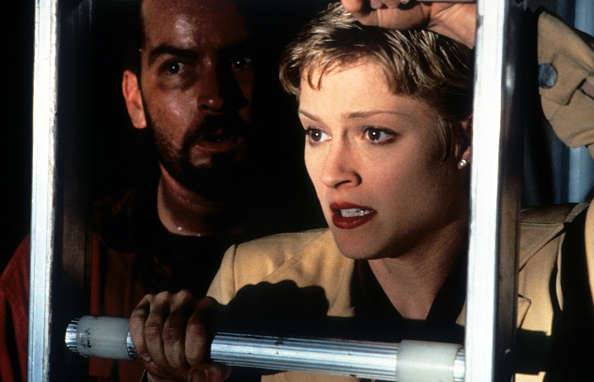
In the bustling mid-’90s sci-fi landscape, The Arrival was somewhat lost in the shuffle, overshadowed by bigger, louder films. However, this quieter, more thoughtful piece presents a narrative richness and thematic depth that remains resonant today. The film’s exploration of environmental themes and the moral complexities of scientific discovery are not only ahead of their time but increasingly relevant in our current context. There’s a focused intensity to it that allows you to just go with this bizarrely suspenseful story that unfolds in a natural and organic way. The film builds up enough credit in the first half to get you to buy into the revelations at the end.
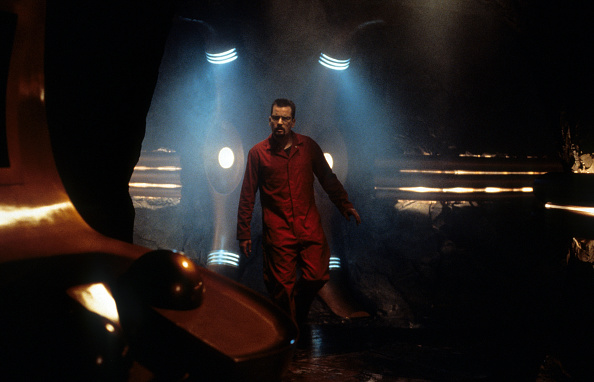
The Arrival is more than just another entry in the sci-fi genre; it’s a nuanced, thought-provoking film that merits rediscovery. Its blend of compelling storytelling, emotional depth, and smart sci-fi concepts offers a refreshingly human take on the alien encounter narrative. For anyone seeking a film that combines the thrill of sci-fi with a deeply human story, The Arrival is a hidden gem waiting to be appreciated anew. In a cinematic world where spectacle often overshadows substance, this film reminds us of the power of story-driven sci-fi to captivate and challenge its audience.
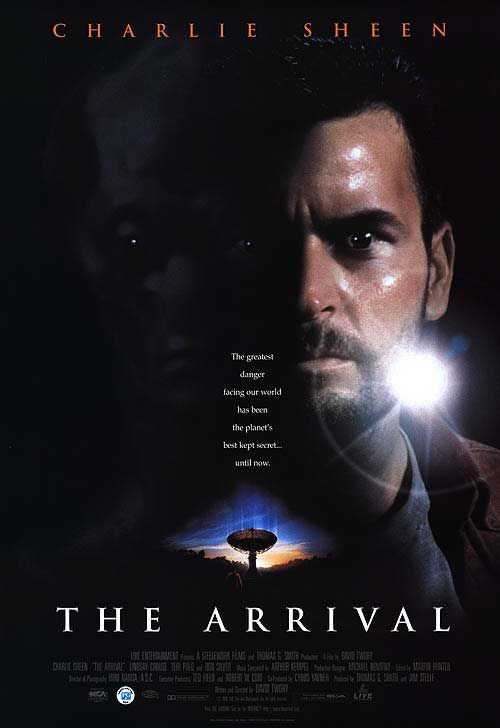
 Movie Finatics The Place for Movie Lovers
Movie Finatics The Place for Movie Lovers
